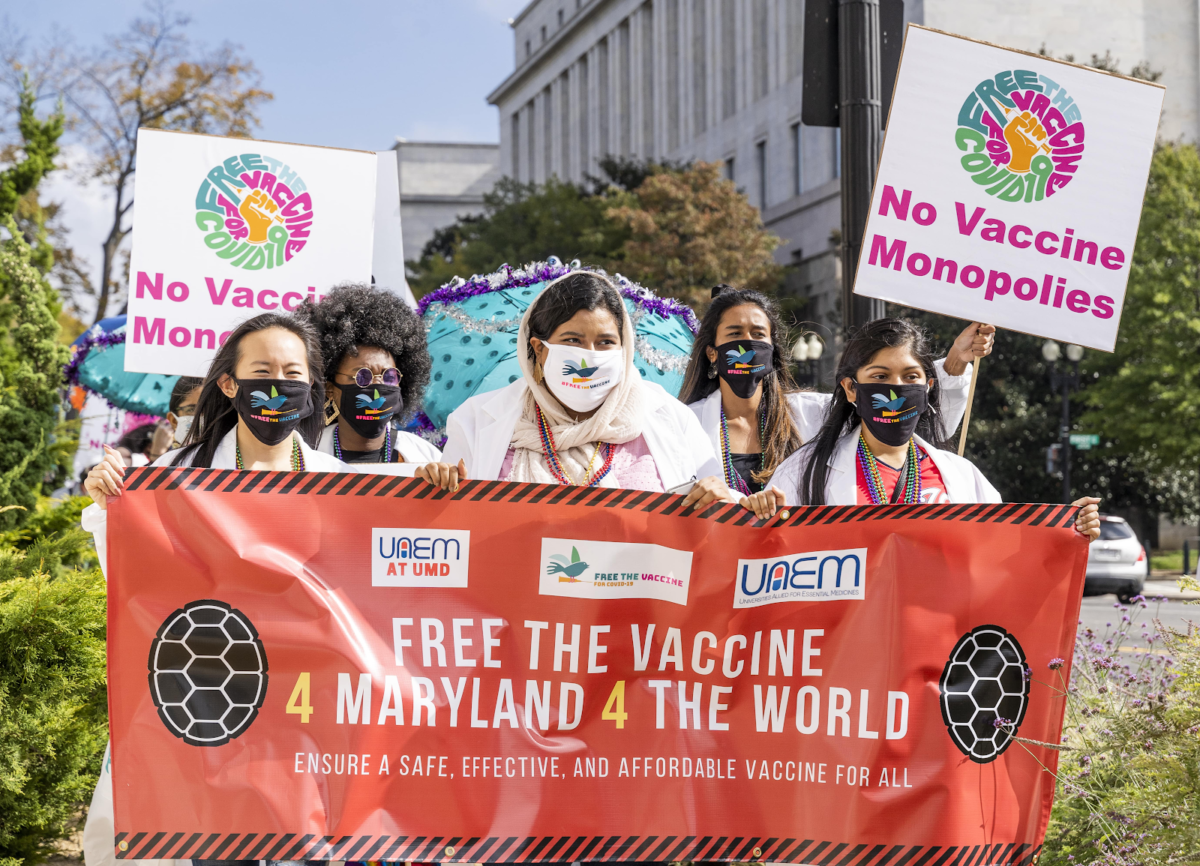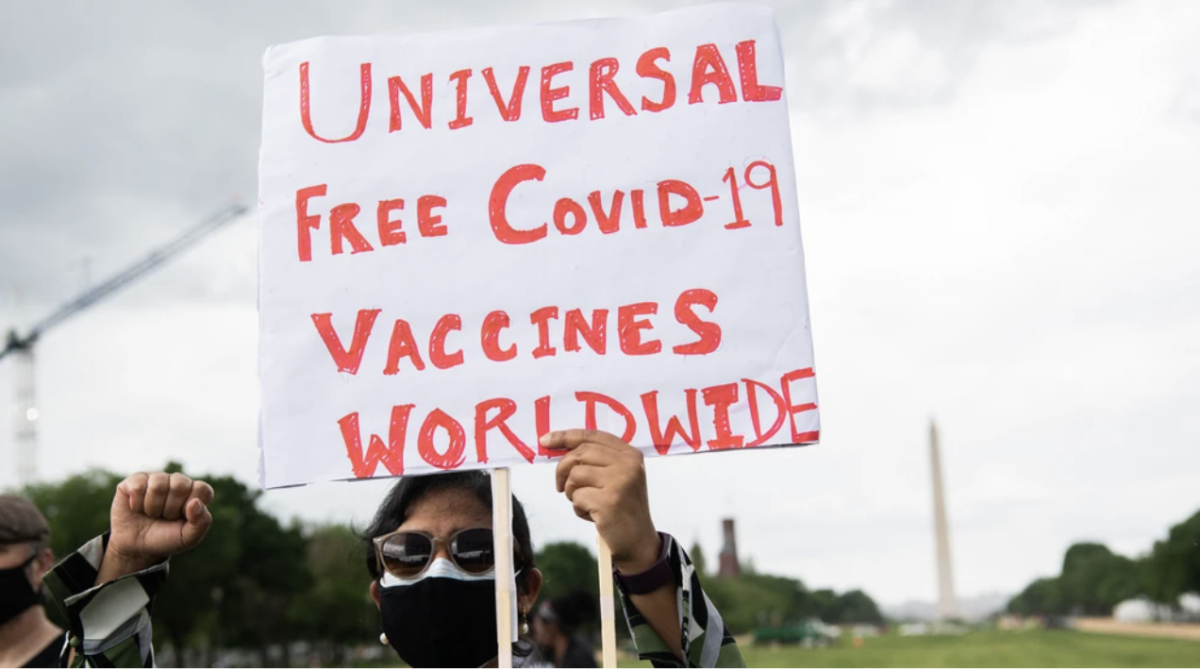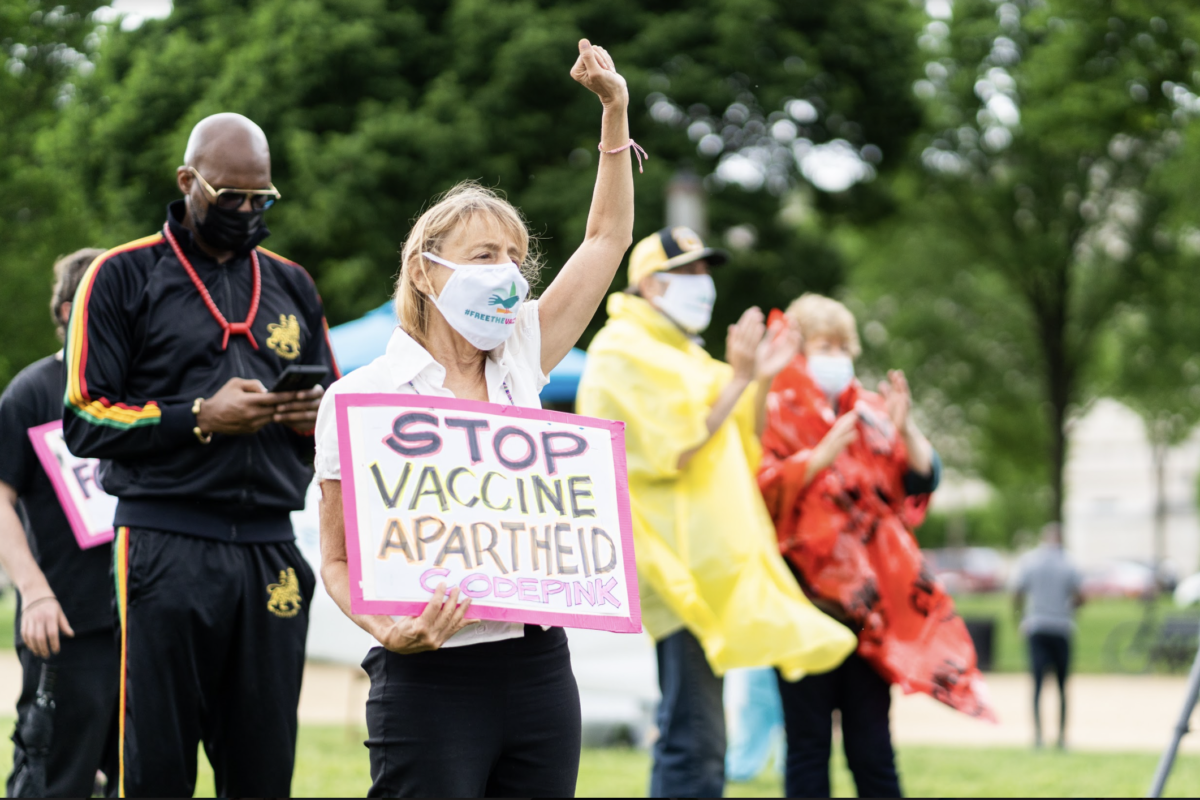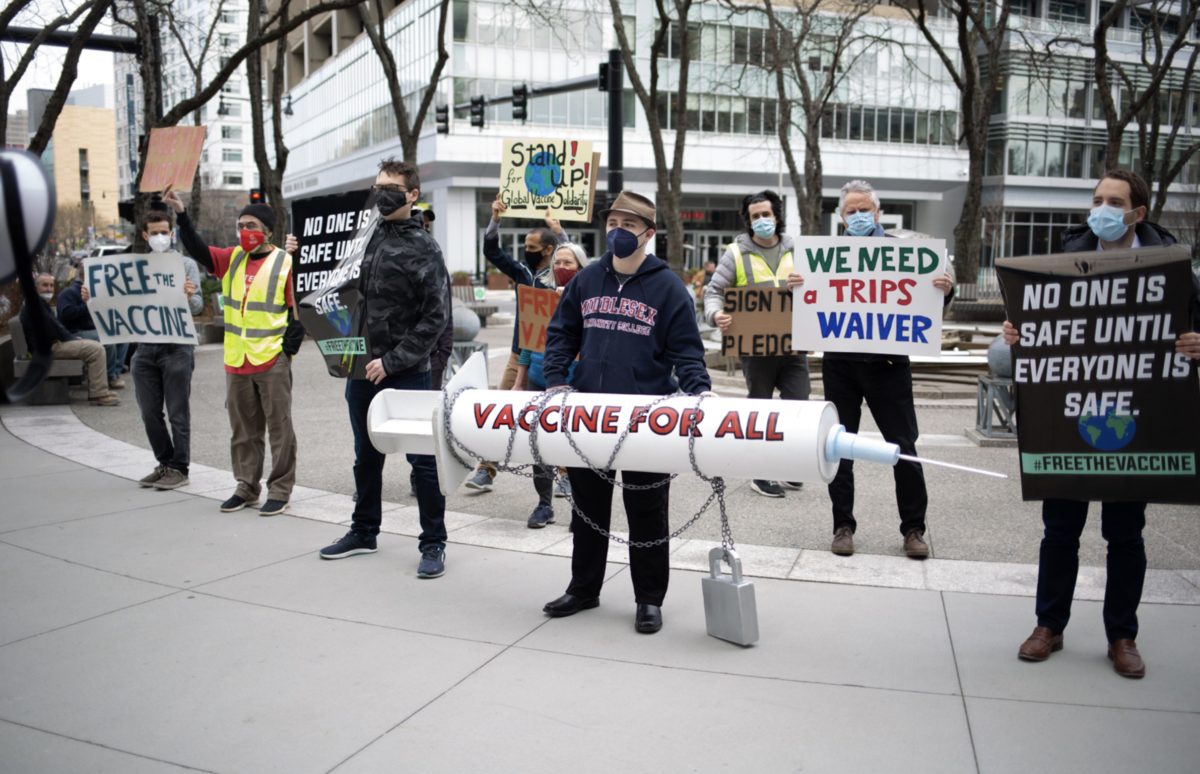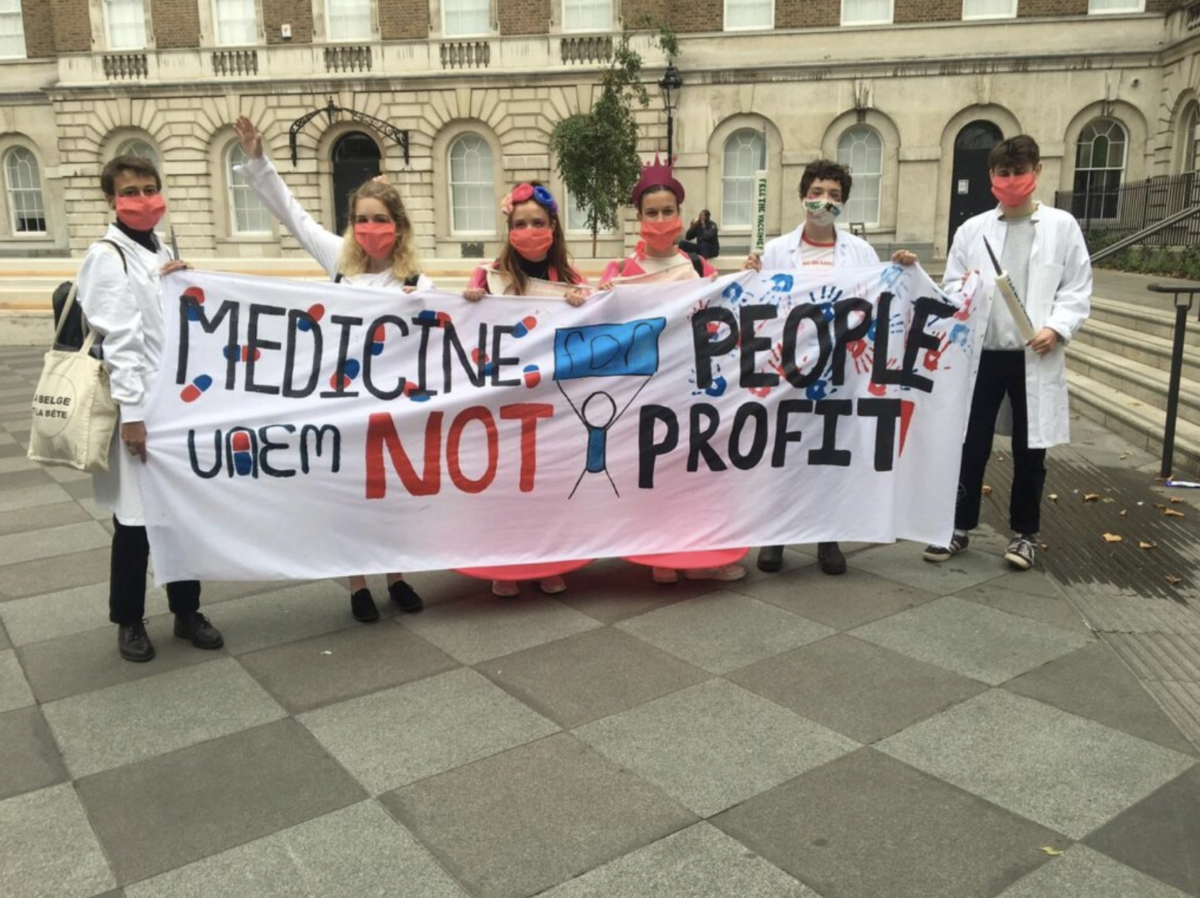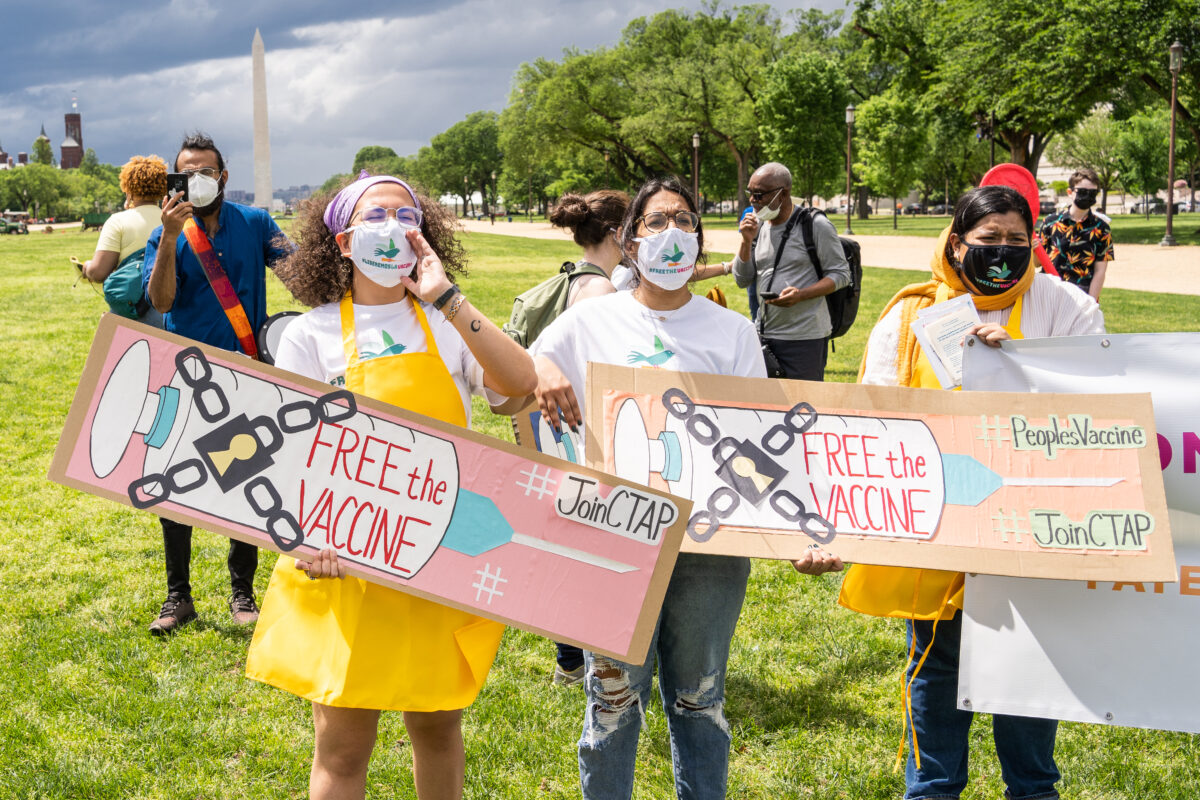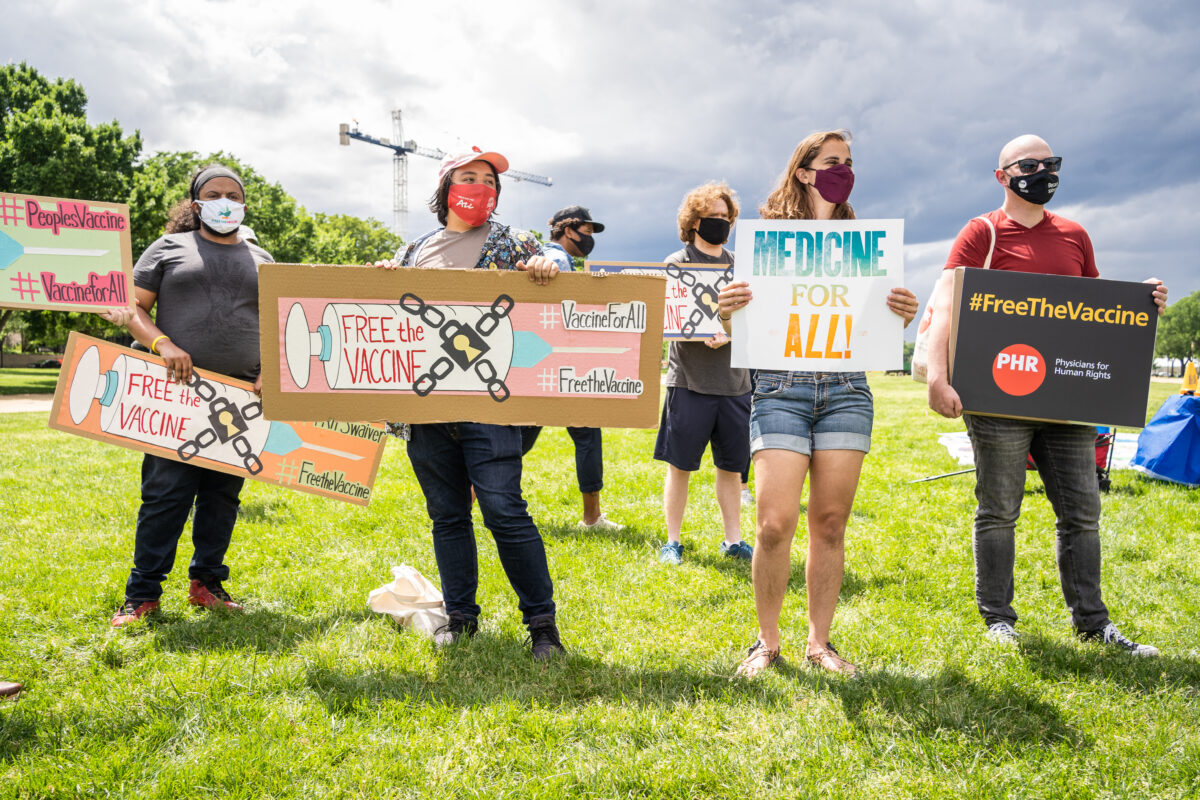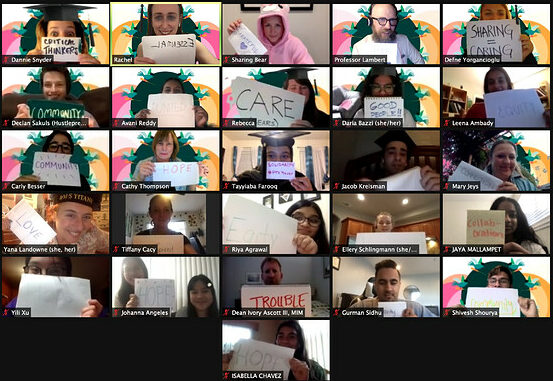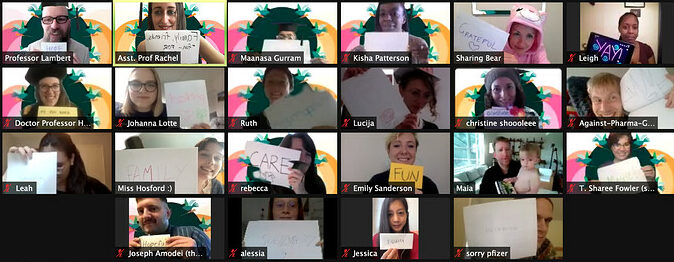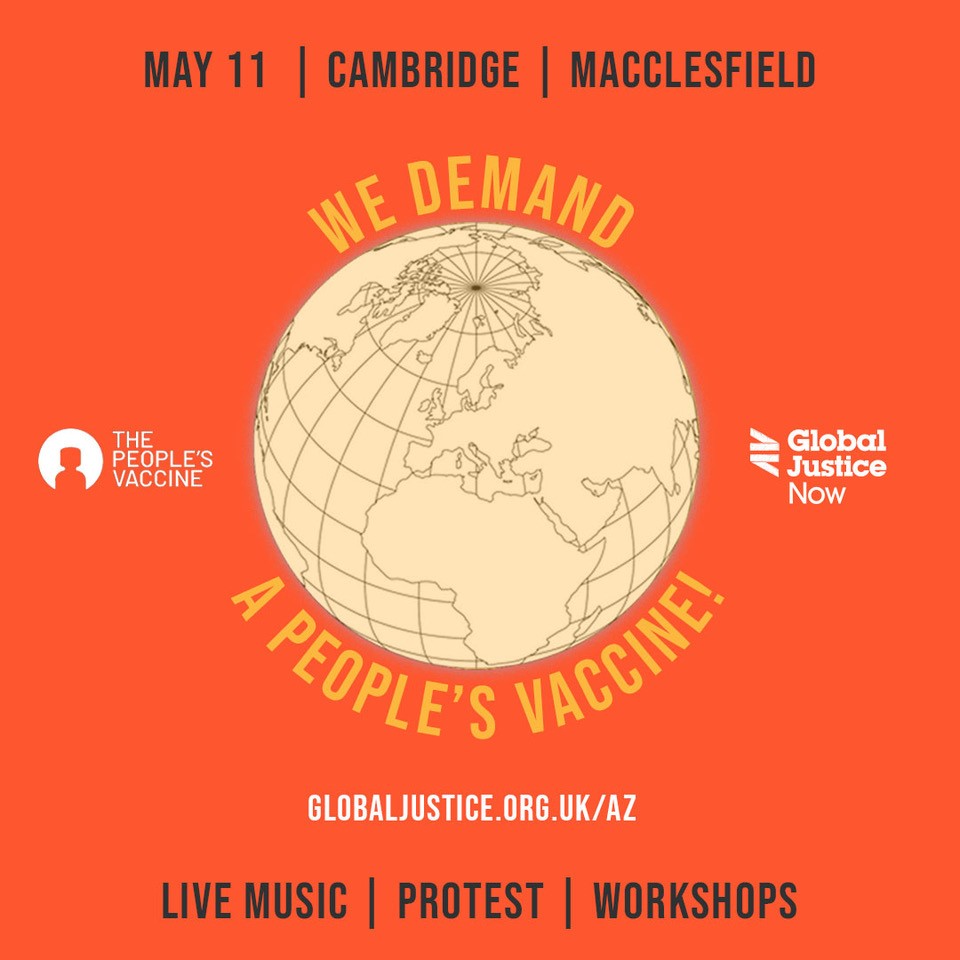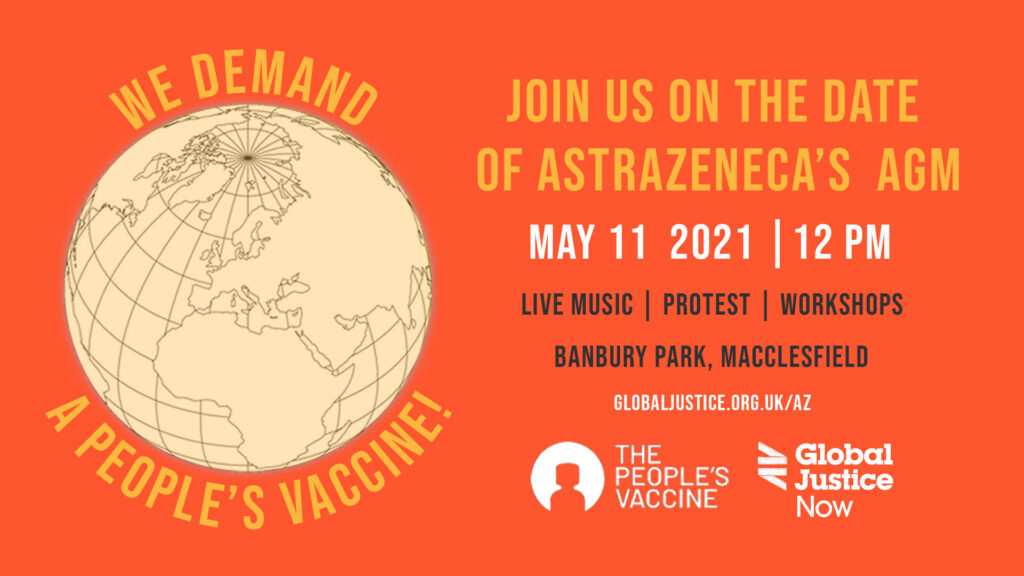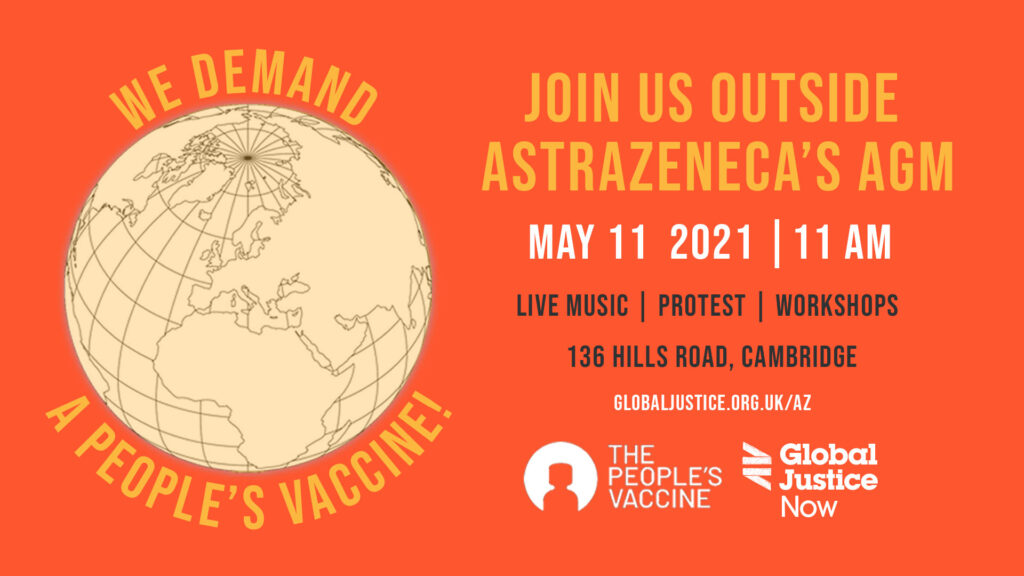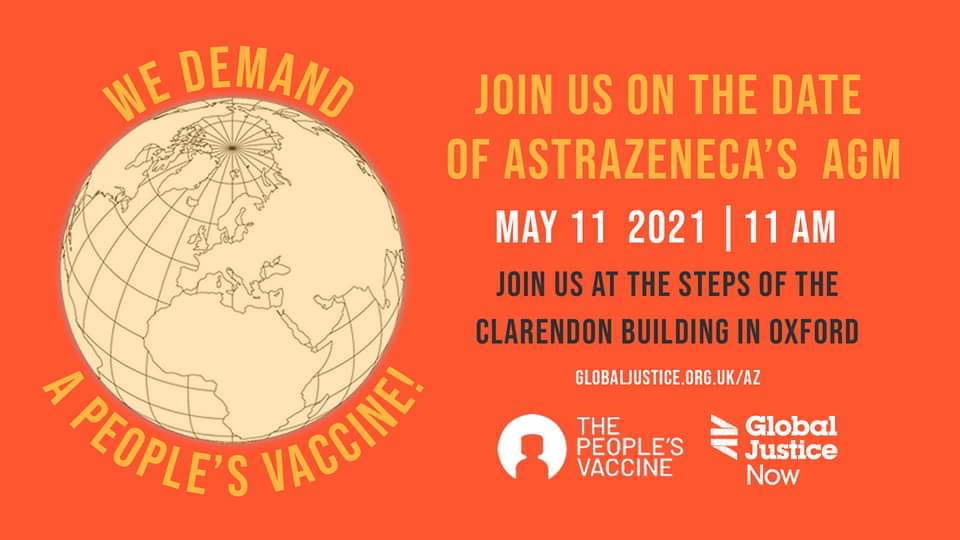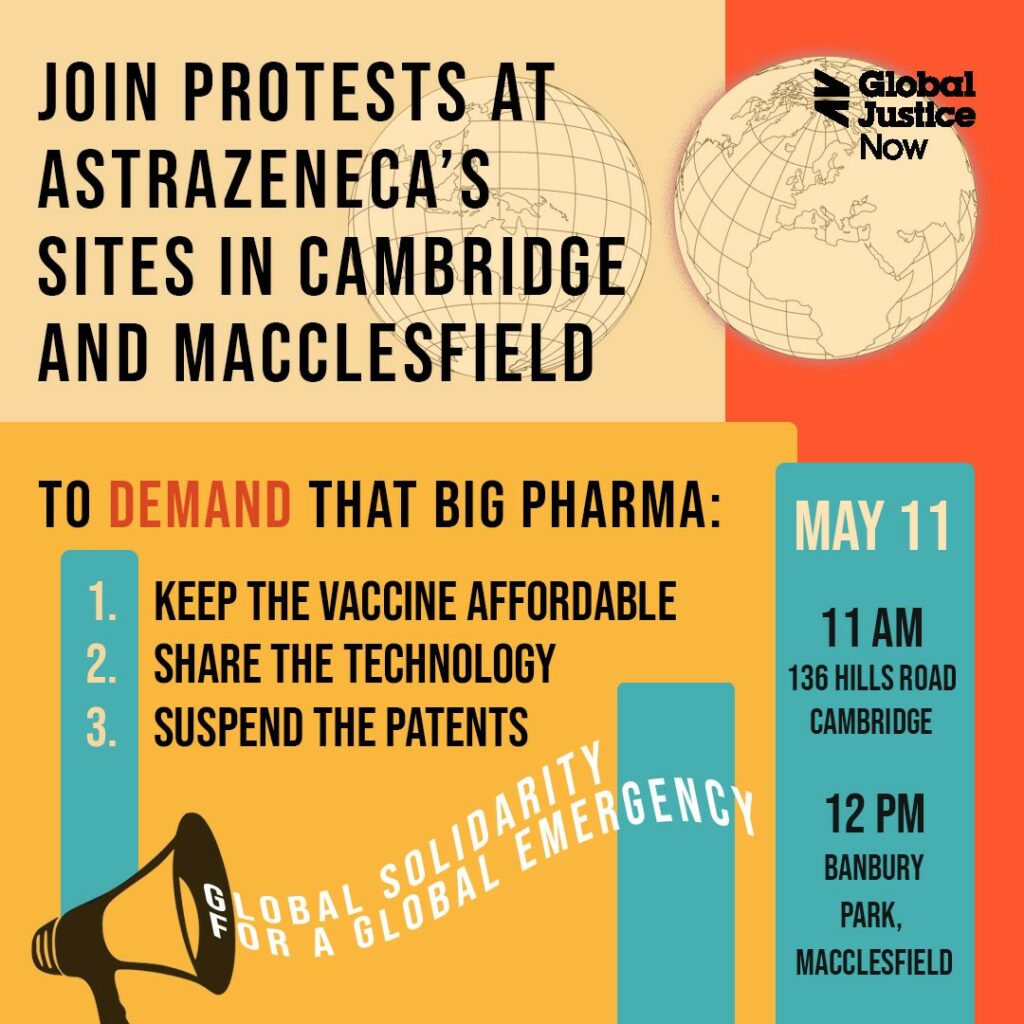Philanthropy Has an Unparalleled Opportunity to Build an Equitable Global Health System — and Vaccinate the World
By Priti Krishtel
June 2, 2021
During my nearly two decades in public health, I have never seen a moment richer with opportunity to fundamentally rebuild our global health system. The recent stunning announcement that the Biden administration would waive intellectual-property rights for the Covid-19 vaccine marked a sea change in the fight for a more equitable and just approach to global health.
It also marked a once-in-a-generation opportunity for philanthropy to be part of reshaping the global health system into one that recognizes that none of us are safe and healthy until all of us are safe and healthy.
The need for such a shift couldn’t be clearer. As Americans get vaccinated and the country starts to reopen, much of the world is experiencing one of the most devastating surges yet of the pandemic. Just in the past week, 41,000 people died in India and Brazil alone. For me, this is personal. I’ve already lost multiple family members in India to Covid-19, and more of my loved ones in India are battling the virus right now.
Vaccines and other lifesaving medical products are not reaching the vast majority of people on the planet. This is the utterly predictable consequence of a monopolistic research and development system, in which companies use the intellectual-property system to control the market, leaving the power to shape the pandemic response in the hands of a few private players.
Ensuring equitable access to the vaccine should have been integrated into every step of the process from the beginning. Imagine how many lives might have been saved if government and philanthropic investments in vaccine development had been matched by investments aimed at ensuring vaccines were accessible in every corner of the world.
Rather than continuing to support an elitist global health system built on a legacy of structural racism, philanthropy needs to focus its attention and investments on movements worldwide that will ensure the Biden administration’s intellectual property waiver quickly translates into more vaccine availability, while creating structural changes that save lives now and during future pandemics.
The organization I co-founded, the Initiative for Medicines, Access, & Knowledge, has fought for years for global equity in medicine access. We know that creating a global health system that works for everyone must rectify the power imbalance between those influencing the policy decisions and those who are most affected by them.
Our movement has the expertise, the leaders, and the plan. What we are missing is the fuel.
To transform our global health system, we need philanthropy to invest in advocacy, education, and movement building in a much bigger way than it has to date. For grant makers engaged in the much-needed conversation about decolonizing philanthropy, I challenge you to put your money where your mouth is.
Invest in diverse leaders.
The current system is literally killing the nonprivileged, who are overwhelmingly people of color. In the United States, Indigenous and Black Americans have faced the highest death tolls from Covid-19. The same is true across the globe, where predominantly nonwhite populations are suffering most. For too long, we’ve allowed philanthropists such as Bill Gates to shape the response to global health care with the same monopolistic model that built his corporate profits. That approach is failing us and must be rejected if we are ever to achieve true equity in global health.
Instead of leaving decisions about health and equity to wealthy business leaders, foundations should diversify their funding approach to include those with direct experience in the most affected communities. They can start by providing multiyear, general operating support to organizations working to replace the current monopolistic system with one focused on providing worldwide access to medicines and vaccines.
This includes groups such as the student-driven Universities Allied for Essential Medicines, which successfully advocated for more than 30 medical research institutions to change their patent and licensing policies, resulting in increased global access to medicines. Through its Covid-19 #freethevaccine campaign, the organization is developing a pipeline of young Black and brown public-health leaders fighting for equitable vaccine access. Alumni of the organization include renowned activist Ady Barkan and many others who have gone on to become leaders in public health.
Universities Allied for Essential Medicines is part of a larger movement that is maintaining pressure on the Biden administration and other country governments to quickly agree upon the terms of the World Health Organization’s intellectual-property waiver for Covid-19 medical products and to expedite sharing of critical knowledge and resources to increase vaccine supply and availability. The movement is also pushing for policies that would fundamentally change the rules of the game — for example, ensuring that federally supported research and development, such as the $2.5 billion in taxpayer dollars that bankrolled the Moderna vaccine, are shared as a rule, not an exception.
Give up a nationalistic approach to solving global problems.
Creating systemic change will not happen if American philanthropy, which holds the overwhelming bulk of charitable assets globally, dictates a top-down, America-first vision for public health to the rest of the world — or barely engages in international grant making at all.
Covid-19 showed us how artificial our borders really are, especially when it comes to the spread of a deadly virus. Yet American-based organizations have received a staggering 56 percent of the nearly $24 billion in global philanthropic grants to date, even though the United Statesaccounts for just 19 percent of Covid-19 cases and 17 percent of deaths. This is both inequitable and shortsighted. Much of the world won’t have access to vaccines until 2023. In the meantime, variants will continue to emerge and make their way to America — posing an ongoing threat even for countries whose populations are vaccinated.
American philanthropy can help by supporting nonprofits across the globe that are addressing immediate needs in hard-hit communities. For example, the Health Justice Initiative, which was founded during the pandemic by South African activist lawyer Fatima Hassan, has successfully used the courts in that country to create greater government and corporate transparency and accountability in Covid-19 vaccine access. Right now, the group is using legal and advocacy strategies to regulate pricing for coronavirus treatments.
Human rights lawyers like Hassan could change the course of the pandemic around the world by deploying legal tools to address human-rights violations stemming from inequitable access to vaccines, while also pushing for structural reforms that would improve the response to future pandemics.
Invest in radical shifts to democratize global health.
To ensure equity, we need to fix the entirety of a global system that allows private interests to drive decisions about health.
We must democratize, localize, and decentralize every stage of the process — from drug development to distribution. My organization has built a participatory model to facilitate such structural change, beginning this year with a focus on the patent and intellectual-property system. We will bring together an interdisciplinary group, including those from affected communities, scientists, drug-company investors, policy makers, journalists, patent lawyers, movement leaders, and patients. Through this process, we will build greater understanding between people with different views about the role of patents in society, ultimately creating a blueprint for reform that has at its center the perspective of affected communities.
This is a moment of unparalleled opportunity in the global-health movement, and philanthropy can play a critical role in bringing it to fruition. It’s time for grant makers to reject the status quo that has failed too many for too long and help us replace it with a system that recognizes our obligation to provide every human being with the medical treatments and vaccines we all need and deserve.
Priti Krishtel is a co-founder and a co-executive director of the Initiative for Medicines, Access & Knowledge. @pritikrishtel

